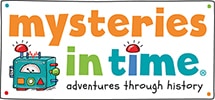World History for Kids
World history for kids is like a colossal, action-packed movie, filled with epic stories of triumph, tragedy, heroes and villains, all shaping the world we know today. World history is a never-ending roller coaster ride through time, exploring the great civilisations, legendary battles and groundbreaking discoveries that have left their mark on humanity.
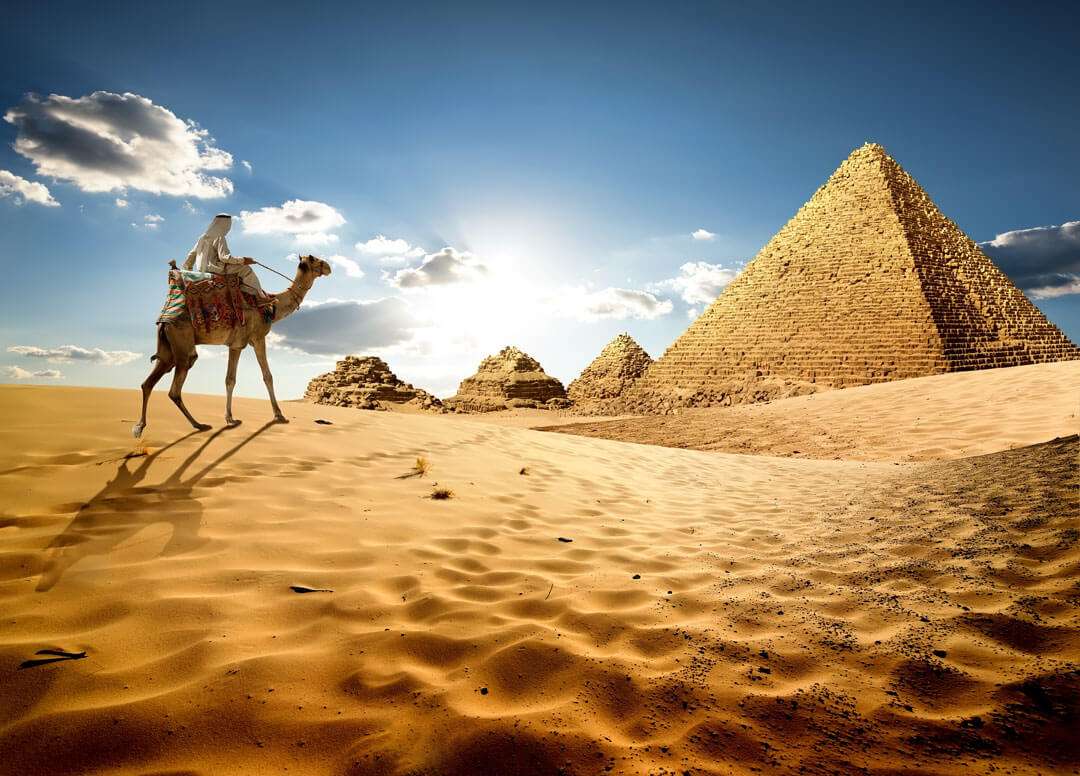
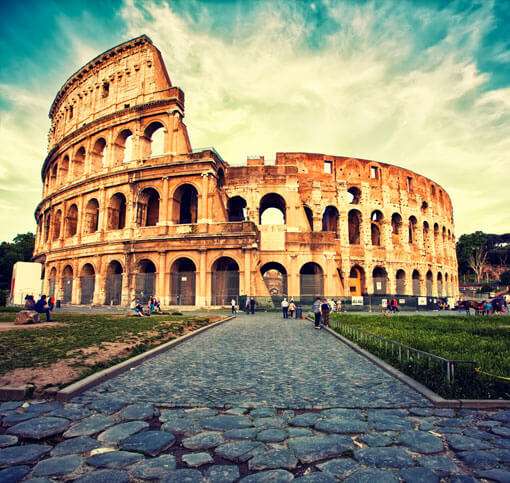
What is World History?
Learning world history for kids is not just about memorising dates and dusty old books – it’s like unearthing a treasure trove of awe-inspiring tales, mind-blowing plot twists and unsung heroes.
By understanding the past, we gain the power to shape our future, avoid repeating mistakes and appreciate the rich tapestry of cultures that make up our global community.
So buckle up, fellow time-traveller, and get ready to dive into the thrilling and enlightening world of history!
World History Timeline

Ancient Egypt
Ancient Egypt was one of the most advanced civilisations in the ancient world. It was established in the Nile River Valley and lasted for more than 3000 years. The empire had many lasting accomplishments, such as building pyramids and developing writing systems.
From the pyramids to mummification and beyond, ancient Egypt is a fascinating time period. It’s filled with extreme wealth and powerful rulers who ruled like gods. But it was also a time of great ingenuity, with many inventions that we still use today!

Ancient China
Ancient Chinese history spans thousands of years. In this time there were many different kingdoms and dynasties which have left their mark on China’s culture today.
Some fascinating aspects of Ancient China include the emergence of the Silk Road as a trading route between China and Europe, the impressive Great Wall of China and the unique life-sized statues of the Terracotta Army.
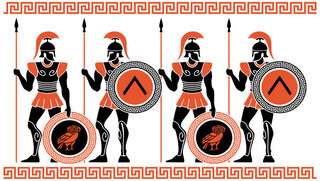
Ancient Greece
Ancient Greece is a time period that has fascinated people for thousands of years, and one that has visible influences in the modern world. A lot of words in the English language have roots in Ancient Greek. We see examples of Ancient Greek architecture in grand buildings around the world.
Ancient Greece had some celebrated philosophers and is also credited with being the birthplace of democracy. It also saw the emergence of the Olympic Games as a competition, as well as the popularity of theatre as a form of entertainment. Greek myths are famous around the globe, from Medusa to the Minotaur. Such a fascinating era with so much to learn!
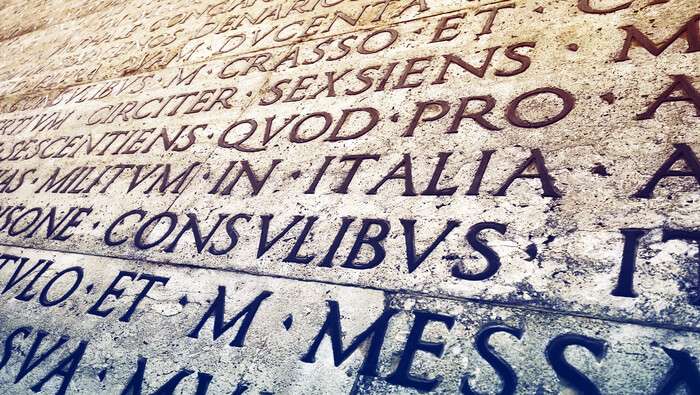
Ancient Rome
Ancient Rome was an ancient civilisation that grew from a small town on central Italy’s Tiber River into a vast empire that at its peak encompassed most of continental Europe, Britain, parts of northern Africa and the Mediterranean islands.
The influence of Ancient Rome can be seen in many aspects of modern-day life. We use Roman numerals on clocks and for numbering our kings and queens; European languages have roots in Latin; many examples of Roman engineering still stand, from the impressive Colosseum in Rome, to structures such as aqueducts and walls across Europe.
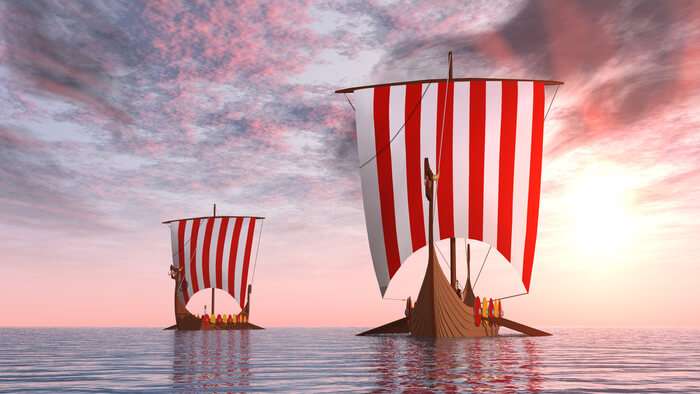
Vikings
The Vikings were a fascinating group of people who lived in Norway, Sweden, and Denmark. They were mostly farmers who raised animals and traded for a living.However, the Vikings also raided other countries for treasure.
They were known for their fierce warriors and strong fighting spirit – traits that helped them conquer many different lands. The Viking longship flat-bottomed design enabled them to sail through shallow rivers, as well as sailing across open seas.
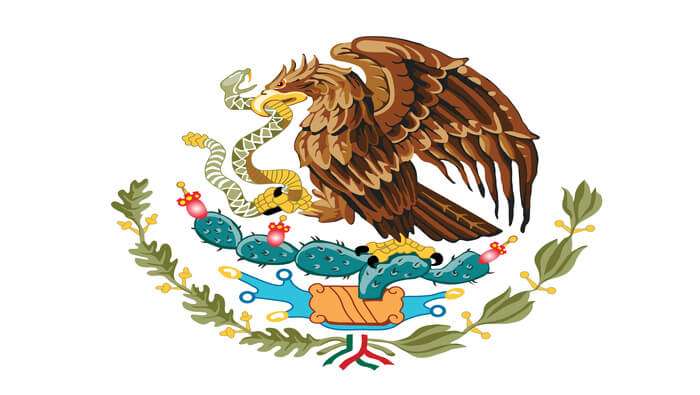
Aztecs
The Aztecs lived in what is now Mexico and the civilisation was most powerful between 1325 and 1521. The Aztecs ruled about 5 million people at its height. The capital city Tenochtitlan was an impressive feat of engineering, with canals running through the city.
Aztecs were great warriors, and they also believed that they must keep their gods happy by carrying out sacrifices in their pyramid-shaped temples. The Aztec Empire also had many positive aspects. The Aztecs developed a calendar that was very accurate and helped people know when to plant their crops related to the weather or seasons.
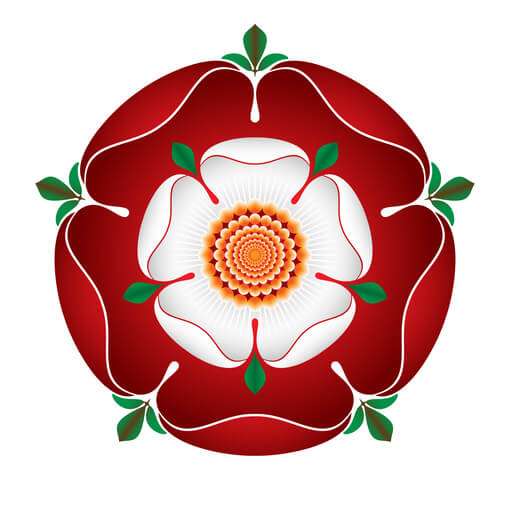
Elizabethan
The Elizabethan era is a time in English history that begins with the birth of Queen Elizabeth I. The Elizabethan era lasted approximately fifty years, from 1558 to 1603.
Also known as the Golden Age of Drama, this period saw many great playwrights like Christopher Marlowe and William Shakespeare write plays that are still studied around the world today. The Elizabethan era was also a time of great exploration, as improved ship-building techniques allowed explorers to voyage further across the globe.

Stuarts
The Stuarts were a royal family in Britain. They ruled from 1603 to 1714. The Stuarts era covers the time of the English Civil War, the Gunpowder Plot, the Great Fire of London and much more!
There were great advancements in scientific understanding and the Royal Observatory was built in Greenwich in London. The Mayflower set sail from Plymouth to the New World, carrying the Pilgrims, as we know them today, in search of a new life.
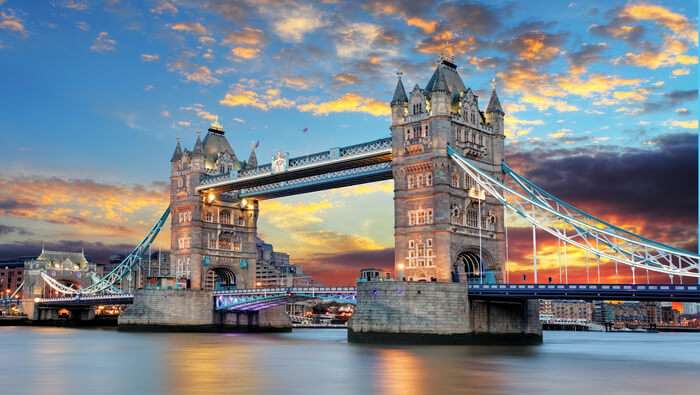
Victorians
The Victorian era was a time of change, both in terms of the economy and in terms of social conventions. The Industrial Revolution helped to transform the way that people lived and worked, leading to an explosion in the urban population. This period also saw new technologies and inventions, such as trains, electricity and telephones.
This was a time when many things were changing. The class system was still very rigid, women had little say in society and families had no social welfare support. However, during Queen Victoria’s reign, there were important social reforms underway, particularly involving the right of all children to go to school.
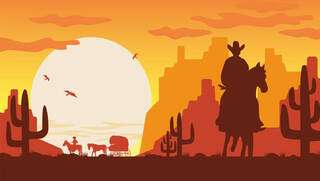
Wild West
The Wild West was a time period in American history when settlers began moving westward to start new lives. It was a time of cowboys, goldrushes and outlaws. There were many famous Wild West figures like Jesse James, Buffalo Bill Cody, Annie Oakley and many others who made their mark on history during this period of time.
Towns started to emerge as people travelled west in search of a new life. Initially, people travelled by wagon, but once the trans-continental railroad opened, travel was much easier and quicker.
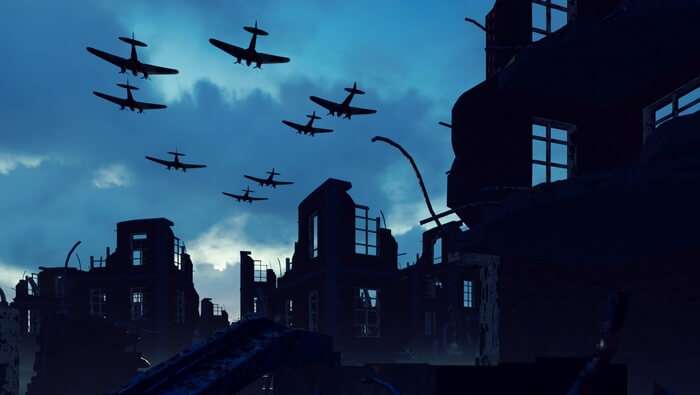
World War 2
In World War II, people who lived in British cities were under threat of being bombed by enemy planes. While many people left their homes to live with relatives out of town, many people didn’t have this option. Instead, children were evacuated from London and other cities to keep them safe from air raids.
Evacuated children were sent to live with strangers in the countryside, often living away from their families for as long as 6 years. Some children went as far away as Canada or Australia. Over three million schoolchildren were evacuated from London between September 1940 and May 1941.
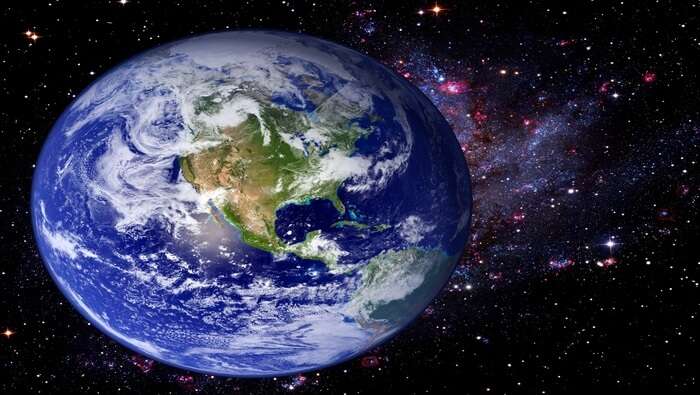
Space
Space history is the study of space travel from its beginnings to present day. It covers everything from ancient civilisations that studied the skies, to early manned spaceflight, to the modern age of satellites, space stations and beyond!
Space exploration is rapidly advancing. We are taking strides in our understanding of the universe, and we are learning more about our place in it every day. It’s exciting to think about what might be next for us as explorers!

World History Facts
The most fascinating stories and facts can be found in world history.
-
- Did you know that the word ‘chocolate’ comes from the Aztec language of Nahuatl?
- Did you know that the Elizabethan explorer Sir Frances Drake was considered a pirate by the Spanish
- Did you know that rationing in the UK continued after World War 2 until 1954?
